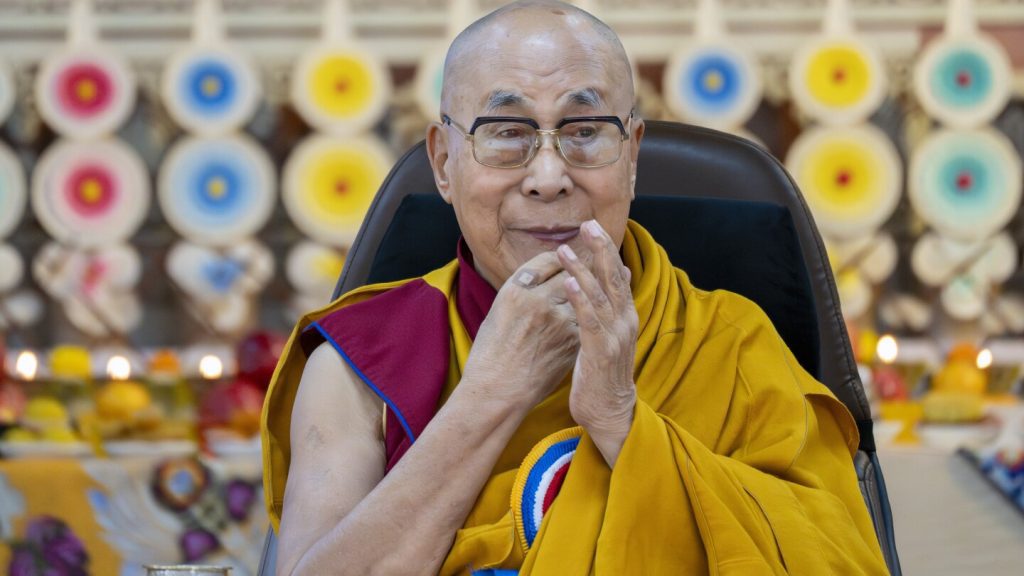DHARAMSHALA, India (AP) — The Dalai Lama has declared his intention to reincarnate, setting the stage for a successor to continue a lineage that spans 500 years after his passing. However, with his 90th birthday approaching, concerns linger among Tibetan Buddhists about the future without him.
For many years, the 14th Dalai Lama has transcended the role of a spiritual leader. He has upheld a nation in exile and fostered a vibrant community that has preserved Tibetan culture and identity. He is a prominent voice for Tibetans, especially given China’s control over Tibet since 1950. The Dalai Lama has received global recognition, including a Nobel Peace Prize, and has garnered support from various international figures, raising awareness for Tibet’s plight.
Uncertainties Ahead
Upon his death, uncertainty will loom over the global Tibetan community for an extended period as the traditional reincarnation process to identify his successor begins. China has already stated it will reject any chosen successor who does not have Beijing’s approval, which has led to fears about the preservation of Tibetan cultural and religious identities.
“The absence of His Holiness would be a considerable setback for the Tibetans,” remarked Penpa Tsering, head of the democratically elected Tibetan government-in-exile. “It’s up to us to carry forth his legacy.”
Leadership Gap
The Dalai Lama has become an iconic figure while representing Tibetans in their quest for autonomy and opposing China’s dominance. Though he has not yet appointed a successor, he has indicated that they should be born in the “free world,” outside Chinese borders. Traditionally, identifying a new Dalai Lama involves meticulous rituals and investigations by high-ranking monks, meaning that a significant leadership vacuum may ensue before a new spiritual leader assumes their responsibilities.
China’s Influence
China, which does not recognize the Tibetan government-in-exile and labels the Dalai Lama a separatist, insists that the next Dalai Lama must be approved by the Chinese government. This has raised concerns among exiled Tibetans, who view these attempts at interference as a way for Beijing to assert greater control over Tibetan Buddhism.
“If they proceed with this, they are essentially undermining themselves in the eyes of free nations,” stated Geshe Lhakdor, a Tibetan Buddhist scholar, referring to Beijing’s stance as hypocritical. Many Tibetans believe they were autonomous for centuries and accuse the Chinese government of trying to erase Tibetan culture and language.
Future Dilemmas
As global support for the Dalai Lama has waned, largely influenced by China’s geopolitical clout, there are concerns that the Dalai Lama’s eventual death might incite unrest in Tibet, where many have protested against Chinese rule in extreme ways. Tsering fears that the Tibetan populace may be radicalized in the absence of the Dalai Lama, reflecting a dire need for unity and strength among Tibetans in the coming years.



